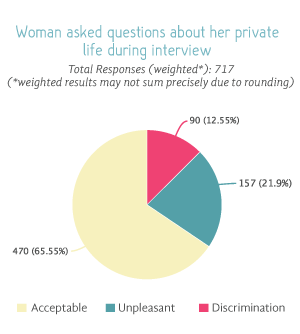News: 'Georgia takes 82th Place out of 145 Countries in Terms of Gender Equality ' All News
-
Date Published:
2015-11-20
On 19 November, the World Economic Forum has published the report on the Global Gender Inequality of 2015. The similar report was first published in 2006 and since then acquired the annual character. This year’s report summarizes the way undertaken by the world throughout the last 10 years in order to achieve the gender equality. The report examines the equality of access of women and men to health-care, education, economic and political activity in 145 states. As a result of analyzing the official data collected in the report it was revealed that one of the most acute challenges of gender equality is the equal pay for women and men for equal work, when in 2015 women earned as much as the men earned 10 years ago. Since throughout 10 years the economic conditions of women and men approximated only for 3%, if the same pace is maintained, the world will need 118 years to eliminate gender inequality completely.
The report provides the data on different states separately. At the same time, it is possible to evaluate how gender equality has developed from 2006 till present.
According to the report, out of 145 countries Georgia takes the 82th place in terms of gender equality. Countries like Russia, Ukraine, and Czech Republic have better situation than Georgia, while Armenia, Azerbaijan and Turkey – worse.
According to the report, the gender balance is ensured in the field of health-care and education in Georgia. This means that everyone, despite their gender has equal access to health-care and educational resources. However, the situation is significantly different in terms of economic activity, remuneration and political inclusion, where the gender misbalance is quite striking.
Interesting is the fact that despite the equal level of education, and in a number of cases women are more qualified (statistically, more women (54%) possess a PHD degree than man (46%), the economic and political activity of women is lower. Women have less remuneration, they are less involved in the decision-making process and rarely occupy managerial positions. According to the statistical data:
- If the average annual income of a woman in Georgia is 5 000$, a man earns twice as much for the equal work, 10 000$.
- In the legislative body, high representative and managerial positions only 34% are women, 66% are men.
- 62% of the professional and technical workers are women, while only 38% are men.
Over the past 10 years, the situation in Georgia in terms of gender equality has not significantly changed. However, according to the scores of the World Economic Forum, which can be used as an indicator of gender equality progress in a country, it can be noted that Georgia is insignificantly but dynamically improving in terms of equality of women and men in economic involvement, education and health-care systems. Since 2006, the least progress is observed in women’s political participation.
